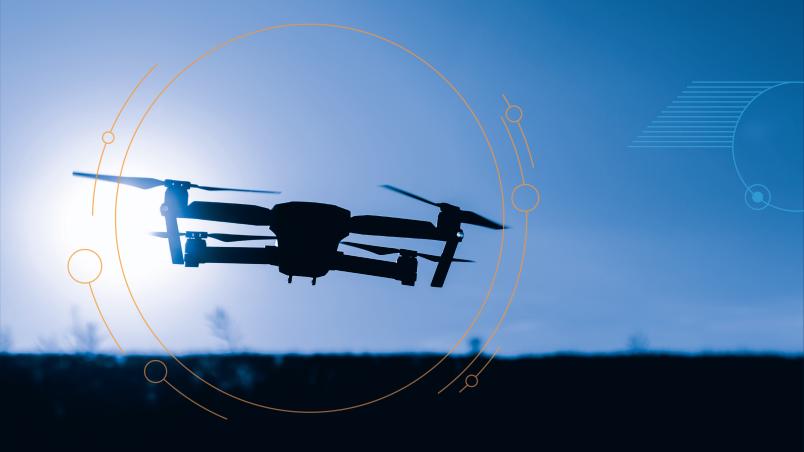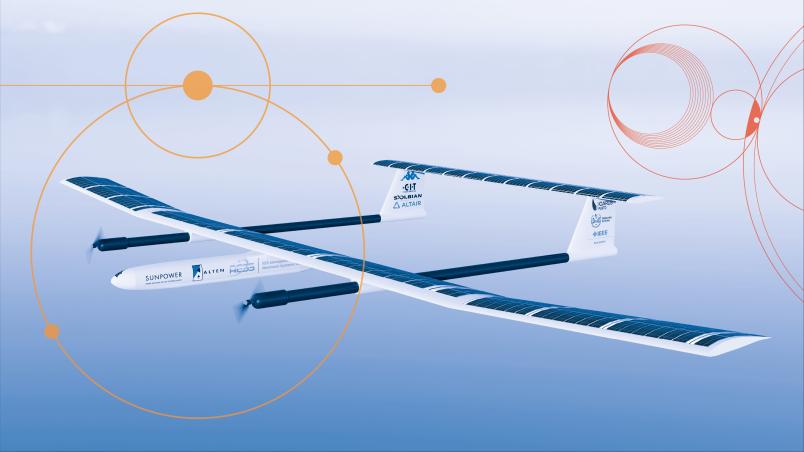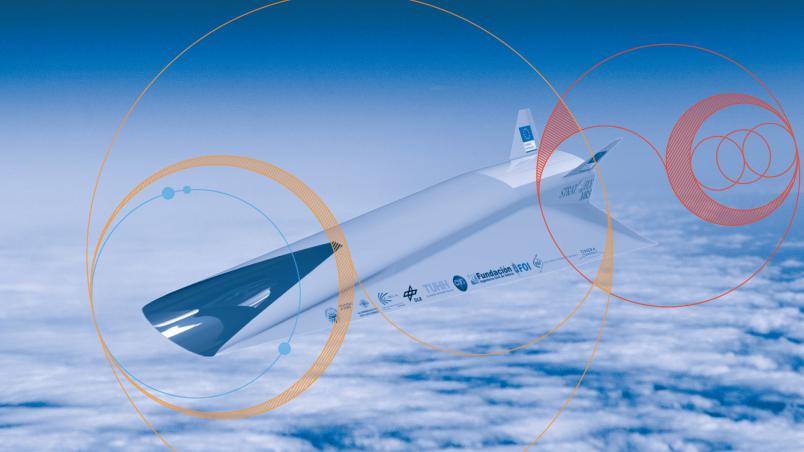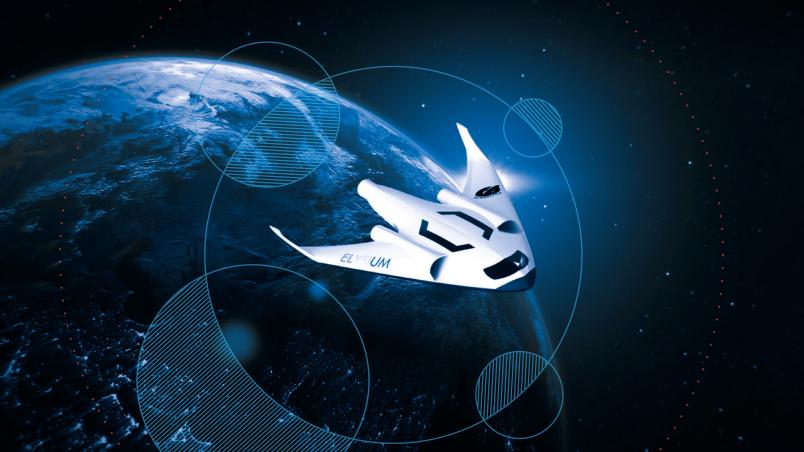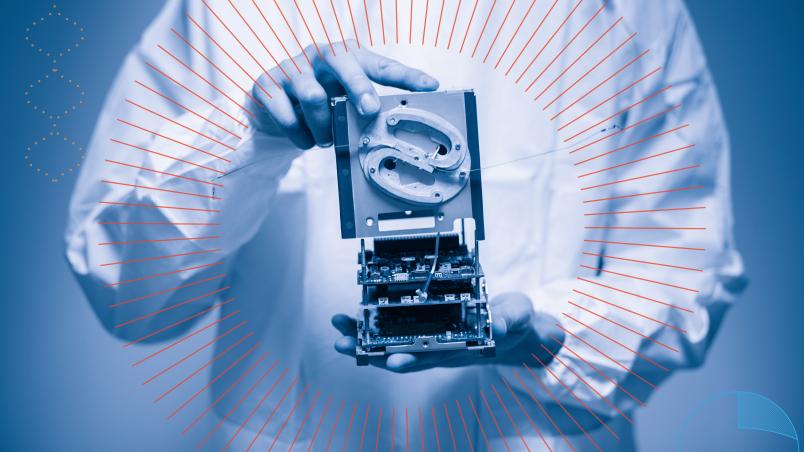
«Once you have known flight, you will walk the earth looking at the sky, for there you have been and there you will long to return»
Leonardo da Vinci, Codice sul Volo degli uccelli
The AIRONE Project is the Politecnico di Torino initiative for Expo Osaka 2025, dedicated to the evolution of air mobility and new space economy, but more broadly to innovation and research in different fields.
Therefore, through a multimedia exhibition and two scientific talks, visitors will explore drones, supersonic aircraft, and sustainable technologies that are transforming the sky into a space for connection and transport. The project also showcases Italian research and addresses global challenges, focusing on infrastructure, innovation, and the interplay between ecological, economic, and social sustainability.
2 October 2025, 4:30 pm (GMT+9)
Italy Pavilion Expo Osaka – Sala multimediale
The opening event aims to introduce visitors to Politecnico di Torino as a research university with a strong focus on aerospace topics, and more broadly as an international partner for Japanese companies, universities, and research institutions in the field of innovation, as reflected in the talks accompanying the exhibition.
Through a multimedia journey, visitors will explore drones, supersonic aircraft, and sustainable technologies that are transforming the sky into a space for connection and transport. The project also showcases Italian research and addresses global challenges, with a focus on infrastructure, innovation, and social cohesion.
Moderator:
Silvia Barbero, Vice Rector for PoliTO Communication and Promotion, Politecnico di Torino
Institutional Speeches:
Elena Sgarbi, Deputy Section Commissioner General at Expo 2025 Osaka
Stefano Corgnati, Rector of Politecnico di Torino
Stefano Lo Russo, Major City of Turin
Gianmarco Montanari, General Manager MOST - Centro Nazionale per la Mobilità Sostenibile
Chiara Ferroni, Director Manager NODES - Nord Ovest Digitale e Sostenibile
3 October 2025, 4:30 pm (GMT+9)
Italy Pavilion Expo Osaka – Sala multimediale
Thanks to strong ties with leading Japanese universities and institutions, Politecnico di Torino became the first Italian university to open a representative office in Japan in 2022: the PoliTO Japan Hub. The center aims to strengthen existing partnerships and foster new collaborations in research, education, and technology transfer.
To showcase the synergies between PoliTO and Japan, the event will present some ongoing research collaborations between Politecnico di Torino and several Japanese partners. The discussions will cover a range of cutting-edge topics, including biomedical engineering, robotics for human care, innovative construction methods, and thermoelectric power generation.
Institutional greetings
Alberto Sapora, Vice Rector for International Affairs (Politecnico di Torino)
Introduction: Collaboration between Italy and Japan
Giuseppe Quaglia, Director of PoliTO Japan Hub, Politecnico di Torino
Converting waste heat into electricity to power billions of sensors
Stefania Specchia (Politecnico di Torino) & Tohru Sugahara (Kyoto Institute of Technology) & Akihiro Katsura (Osaka University)
Joint research on the development of human care robotics
Andrea Botta (Politecnico di Torino) & Daisuke Matsuura (Institute of Science Tokyo)
“Superconcrete” for the Future of Construction
Alessandro Fantilli (Politecnico di Torino) & Tomoya Nishiwaki (Tohoku University)
Computer Vision and Machine Learning in Medicine
Jovana Panic (Politecnico di Torino and Osaka University) & Hideaki Hayashi (Osaka University)
Final discussion
Italian excellence of Politecnico di Torino at Expo Osaka
4 October 2025, 4:30 pm (GMT+9)
Padiglione Italia Expo Osaka – Sala multimediale
Politecnico di Torino has always been a key player at the Italian and EU level in shaping the future of aviation and space technologies, through cutting-edge research in the fields of Advanced Air Mobility (AAM) and the New Space Economy. In aviation, Politecnico’s research threads include technologies for electric and hybrid propulsion as well as innovative aircraft systems, also leveraging artificial intelligence to develop solutions that are socially and economically sustainable for next-generation flight.
In parallel, Politecnico contributes to Italy’s strategic positioning in the space economy through research activities covering all components of space exploration, both upstream and downstream.
These research initiatives are further supported by the National Recovery and Resilience Plan (PNRR), through the MOST – National Centre for Sustainable Mobility and NODES – Nord Ovest Digitale e Sostenibile projects. These two research initiatives exemplify Politecnico’s commitment to interdisciplinary innovation, territorial impact, and international collaboration.
Institutional greetings
Gianmario Pellegrino, Politecnico di Torino
Advanced Air Mobility: a new perspective for future aviation
Giorgio Guglieri, Politecnico di Torino and MOST-Centro Nazionale per la Mobilità Sostenibile, Spoke 1 Leader
Gioacchino Cafiero, Politecnico di Torino and MOST-Centro Nazionale per la Mobilità Sostenibile
Elisa Capello, Politecnico di Torino and MOST-Centro Nazionale per la Mobilità Sostenibile
The New Space Economy and the Piedmont Ecosystem
Giuseppe Scellato, Politecnico di Torino and NODES – Nord Ovest Digitale e Sostenibile, Spoke 1 Leader
3 October 2025, 3 pm (GMT+9)
Italy Pavilion Expo Osaka – Sala multimediale
This seminar examines the distinctive polycentric territorial structure of Piedmont, Northern Italy, analyzing how its network of medium-sized cities creates a unique model of regional development. Unlike monocentric regions dominated by a single metropolitan area, Piedmont's territorial organization is characterized by multiple urban centers of similar scale that collectively drive economic growth, innovation, and social cohesion across the region
Key themes addressed include the role of medium-sized cities (50,000-200,000 inhabitants) as engines of balanced territorial development, the governance challenges of coordinating multiple urban centers, and the implications of polycentric models for regional innovation systems, transportation networks, and environmental sustainability. The seminar also investigates how polycentric regions adapt to contemporary challenges such as demographic transitions, digital transformation, and climate change in a comparative international perspective. the analysis explores how different polycentric configurations emerge in Italy and in Japan from historical, economic, and institutional factors, and how they perform in terms of competitiveness, sustainability, and territorial cohesion.
The findings suggest that Piedmont's polycentric model offers valuable insights for regional development policy, particularly in contexts where excessive metropolitan concentration creates territorial imbalances. However, the analysis also reveals the complexity of managing multi-nodal urban systems and the importance of institutional frameworks that can effectively coordinate across different administrative boundaries and scales of governance.
Program
Alessandro Ciro Sciretti, President IRES Piemonte
Cristina Bargero, Researcher IRES Piemonte
Takahisa YOKOI, Assistant Professor, Shokei Gakuin University
